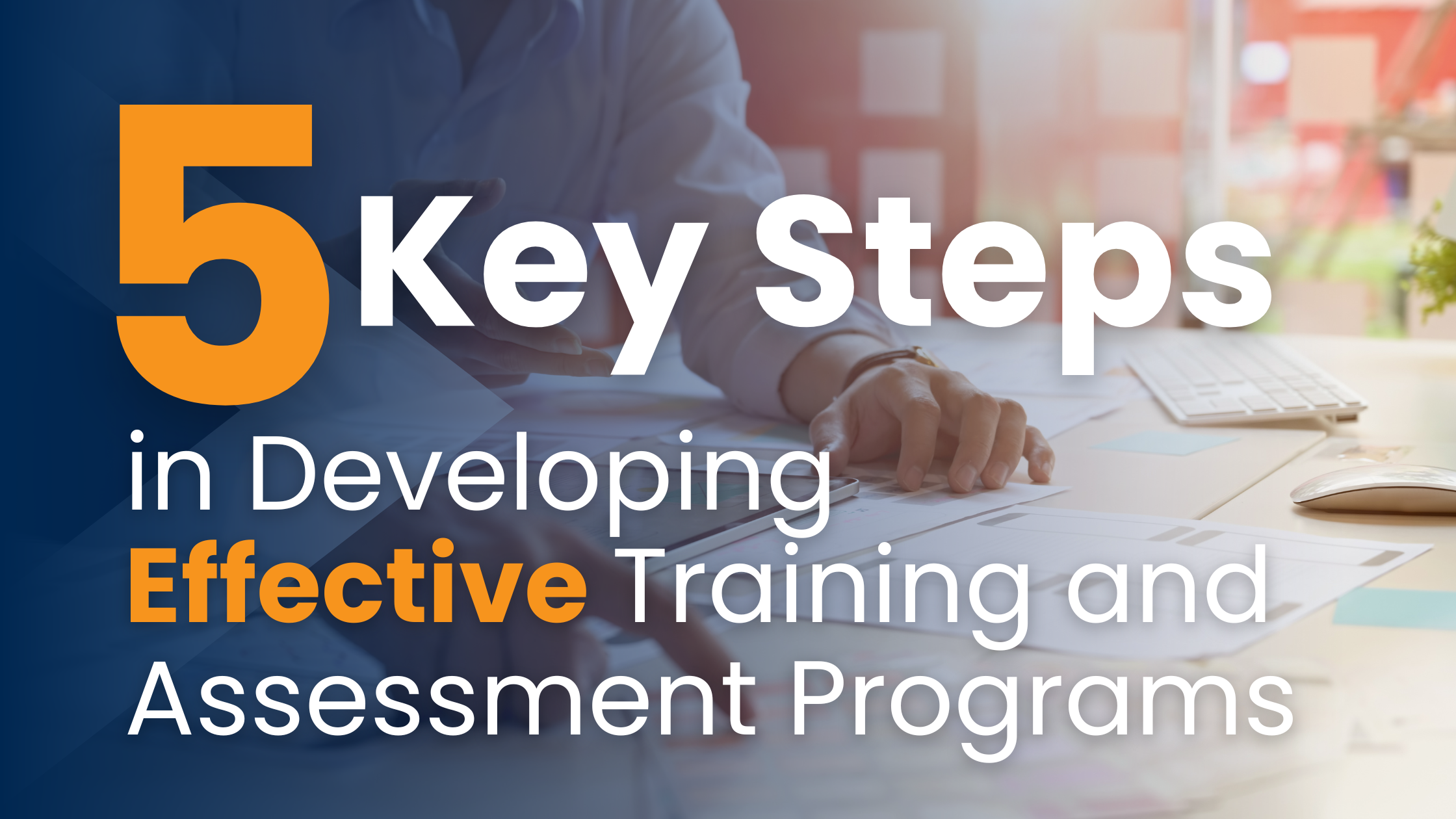A Look at Dr. Denise Cox’s Guide on Digital Skills for Education & Training
In the contemporary educational landscape of Australia, the ubiquitous nature of digital tools has rendered digital literacy a non-negotiable skill. Dr. Denise Cox’s comprehensive guide, “Digital Skills for Education & Training: A Good Practice Guide,” is a thoughtful response to the digital challenges faced by both learners and educators in vocational education and workplace training spheres. This guide is not about contrasting online with on-campus education but is rather a dialogue about the necessity of digital skills, irrespective of the format of education being delivered.
Importance of Digital Skills
Dr. Cox elucidates that digital skills are not just an auxiliary component but are integral for participation in today’s education system. The lack of digital skills is not only a barrier for aspiring learners but also poses challenges to educators and trainers, impeding the seamless transference of knowledge.
Educator’s Dilemma
Research underpinning this guide revealed that educators are spending up to 87% of their teaching workload on some weeks providing support for basic digital skills. The crux is that providing such support often falls outside their designated job roles, expertise, and content delivery scope, causing a divergence in the actual teaching process.
Aims of the Guide
This guide, based on rigorous research conducted within the Australian VET sector and workplace training contexts between 2021-23, provides ten meticulous guidelines aimed at assisting educational and training providers in selecting and implementing effective digital skills support systems.
Guidelines
The ten guidelines are summarised in the initial pages of the document, with each guideline further detailed accompanied by a quick-reference action list. These guidelines serve as a guide for those seeking to mitigate the challenges experienced by learners struggling with the digital divide in education. Some of the actions are listed below:
- Prioritise the 3 stages of digital skills for education (access, engage, advance)
- Screen; Test; and Upskill learners
- Provide targeted skill testing and responsive, need-driven upskilling
- Ensure learners can easily access user-friendly testing and upskilling support
- Offer plain language information, instructions, and tools
- Feature positive communication throughout all elements
- Use language that is supportive and encouraging
Dr. Denise Cox’s “Digital Skills for Education & Training: A Good Practice Guide” is a substantial contribution in navigating the digital barriers within the vocational education and
workplace training domains. The insights provided in the guide are grounded in extensive research and are invaluable for educators, trainers, and interested parties aiming to enhance digital literacy among learners.
As we delve into Dr. Cox’s guidelines, it becomes imperative for us to act and address the gaps in digital literacy. By adopting and implementing these guidelines, we can contribute to building a more inclusive and equitable educational environment where digital skills are not a barrier but a gateway to endless learning opportunities.
Reference: Cox, D. (2023). Digital skills for education and training: A good practice guide. https://www.teachingonline.com.au/digital-skills-gpg




